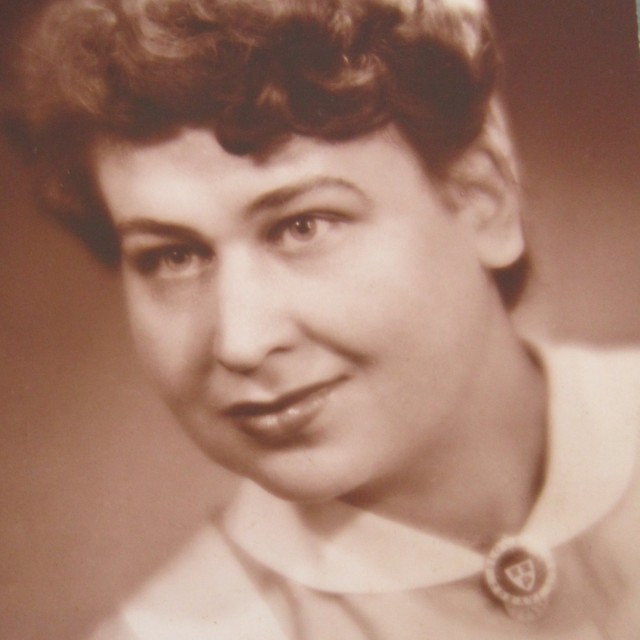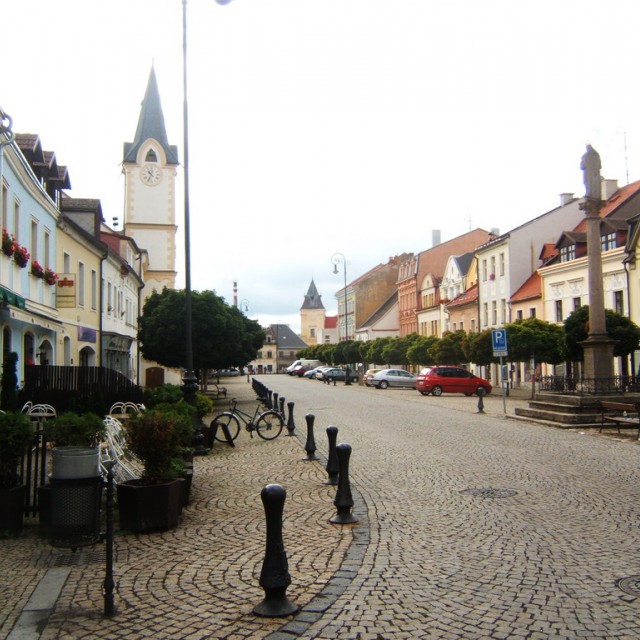She was totally on her knees
In 1957, Juliána Lápková was summoned by the StB to an interrogation in a chateau in Ostrov. She was the daughter of a “rural rich.” Three years earlier, she had to start working as a nurse in the uranium mines of Jáchymov, where predominantly political prisoners toiled under inhumane conditions. At the infirmary of the Eva mine, Juliána was contacted by a man one day, who asked her to pass on letters from the prisoners through the gate. Juliána agreed and willingly did as she was asked. It did not occur to her that it might be a ploy by the secret police. “It was a trap. All of a sudden, they came and took me to the seat of the secret police at the chateau, where they told me that they knew everything about me,” she recalled. Juliána confessed to the secret police and they started coercing her into cooperating with them. They promised her that if she agreed to work together with them, she would not have any more trouble. The 22-year-old Juliána succumbed to the long hours of coercion and signed the cooperation. “It was toward the evening and I still held my ground not to cooperate with them. They were quite harsh on me gave me such a strange look. I was young and totally exhausted, so I signed it. They took me home and I didn’t even know how I got there,” recalled Juliána, who at that time was in a very difficult situation. Shortly before the interrogation, she had been raped by a miner foreman during a celebration. In this already distressed state of mind, she was contacted by the State Police: “I didn’t know what would happen to me. I thought at that point I might just as well give up and swallow some poison.” Juliána was eventually saved from suicide by her future husband, who managed, (through acquaintances), to make sure she would be left alone by the secret police.
Hodnocení
Hodnotilo 0 lidí
Routes
Not a part of any route.
Comments
No comments yet.



